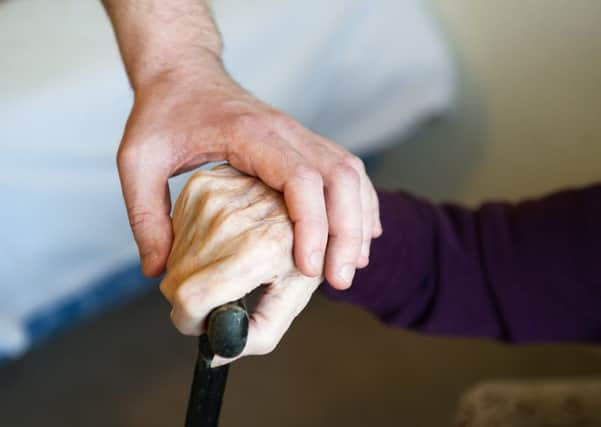Care home infections risk public health, but many preventable


The Health Protection Scotland (HPS) study included data from 2,147 residents across 52 care homes in October last year.
This represents 6 per cent of all Scottish long-term care facilities where the main client group is older people.
Advertisement
Hide AdAdvertisement
Hide AdRespiratory, urinary and skin and soft tissue infections make up the majority of healthcare associated infections.
While many infections would be expected given underlying health issues experts say many are preventable and would reduce the need for need for so many antibiotics.
The National Point Prevalence Survey report indicates 5.9 per cent of residents have a healthcare associated infection on any given day.
The survey found antibiotic use remains at about the same level as seven years ago, with one in every 16 residents taking one or more at any one time.
Healthcare experts said the burden of HCAI and prescribing, alongside the challenges in infection prevention and control in a LTCF setting, represent a public health threat.
They said there are also implications for containing the threat of antimicrobial resistance in Scotland.
Professor Jacqui Reilly, lead consultant for healthcare associated infections, antimicrobial resistance and infection prevention control at HPS said new infection prevention measures were needed to tackle the changing risk: “Healthcare associated infections remain a public health threat across all care settings.
“The European Centre for Disease Prevention and Control has recently confirmed that these infections represent the highest burden of all communicable diseases monitored in Europe.
Prof. Reilly added: “HPS will develop national programmes to tackle these new threats and work with colleagues across health and social care settings to preserve antibiotics for future use.